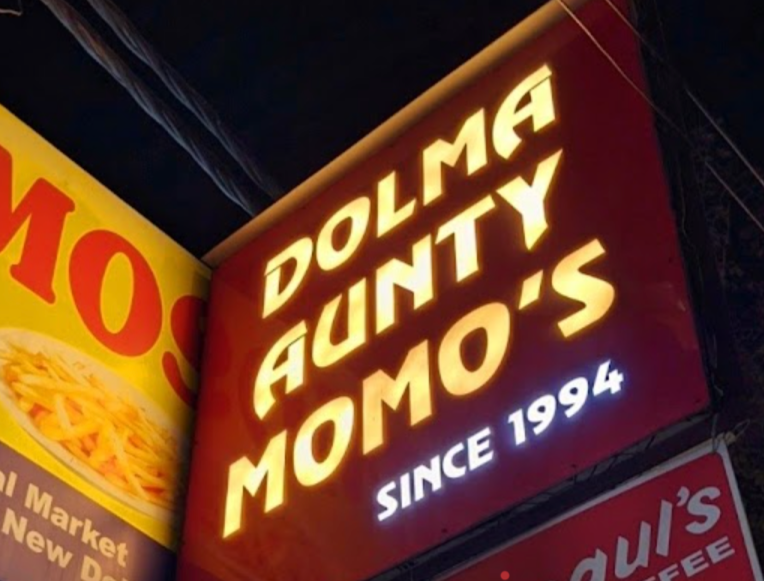In a significant legal victory for the iconic South Delhi food stall, Dolma Aunty Momos, the Delhi High Court has ruled in favor of its original owner, Dolma Tsering, against the unauthorized use of the “Dolma” trademark by an Uttar Pradesh resident, Mohd Akram Khan. This landmark judgment underscores the importance of safeguarding personal names and established brand identities against infringement under the Indian Trade Marks Act, 1999.
Case Background
Dolma Aunty Momos, a name synonymous with delectable momos in Delhi since its inception in 1994, became embroiled in a legal battle when Dolma Tsering discovered the registration of a similar “Dolma” trademark by Mohd Akram Khan. Tsering, who had not registered the trademark previously but had been using it extensively, filed a plea for its cancellation, emphasizing the stall’s widespread recognition and her personal association with the name “Dolma.”
Transfer of Petition & Court’s Decision
Initially filed before the Intellectual Property Appellate Board (IPAB) in 2021, the case was transferred to the Delhi High Court following the board’s abolition. Justice Anish Dayal, presiding over the matter, ordered the cancellation and removal of Khan’s “Dolma” trademark from the Trade Marks Register, affirming Tsering’s rights over the name and her stall’s legacy.
Legal Grounds & Judgment
Tsering’s petition highlighted the identical nature of the disputed trademark to her own, supported by newspaper articles and photographs of her momo stall, illustrating her prior use and public association with the name “Dolma.” With Khan failing to respond to the petition, the court found no rebuttal to Tsering’s claims of non-use by Khan, leading to the decision in her favor.
Implications of the Ruling
This judgment is a testament to the protection of individual and small business rights under the Trade Marks Act, 1999. It not only reinforces the legal sanctity of trademarks, even in the absence of formal registration when proven to be in prior use and having acquired substantial goodwill but also serves as a cautionary tale for individuals and entities attempting to capitalize on established names and brands.
Justice Dayal’s directive for the immediate rectification of the Trade Marks Register and updating of the Registrar of Trade Marks’ website within four weeks further exemplifies the court’s commitment to upholding intellectual property rights and ensuring justice for aggrieved parties.
This case marks a crucial point in trademark law in India, particularly for small businesses and individual entrepreneurs, emphasizing the need for vigilance in protecting one’s brand identity and the legal recourse available against infringement.
Author: Rinku Gajria

